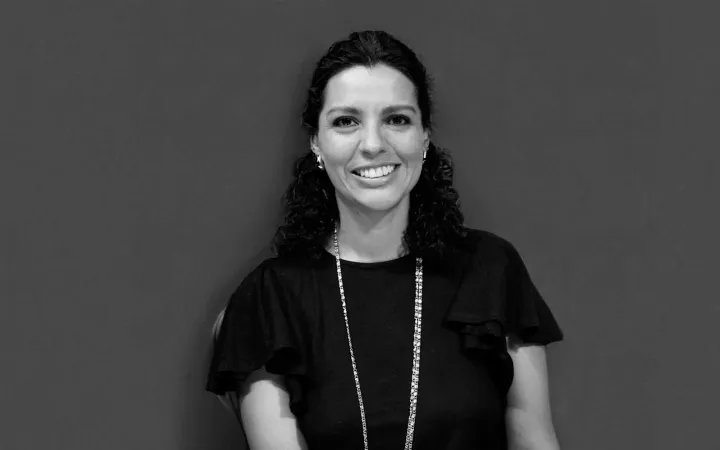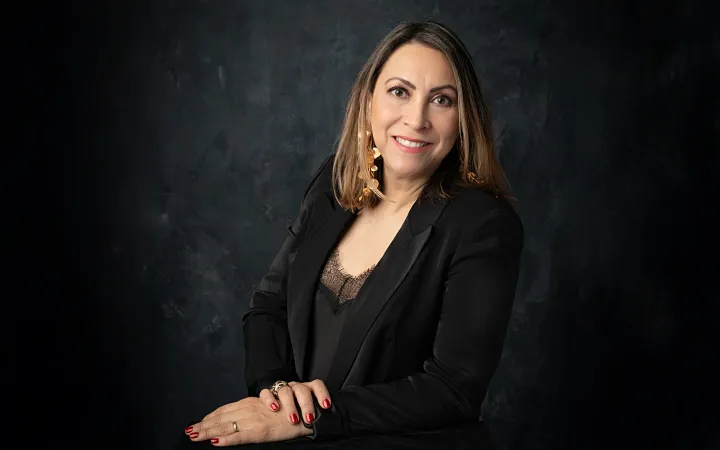
Por Begoña Sieiro

La palabra “thanksgiving” como tal podría traducirse literalmente a: agradeciendo. La acción de estar en un continuo agradecimiento. No se queda sólo en el hecho de agradecer, como el nombre en español de esta fecha lo limita a –Día de acción de gracias– sino que invita a convertirlo en un continuo que no se detiene. Es un estado. En inglés sí existe la conjugación de los verbos en el llamado ‘presente continuo’, que es un tiempo que, de alguna forma, continúa sucediendo sin ser finito; es, básicamente, una acción-estado. En español es difícil igualarlo; no tenemos una conjugación en la que la acción continúe sucediendo sin emplear otro verbo previamente, como estar o sentir. De ahí que la traducción en nuestro idioma de la festividad del Thanksgiving requiera de la palabra ‘acción’ dentro de su nombre.
Ya sabemos que la Historia con h mayúscula es una combinación de sucesos y evocaciones con un poco de mentiras bien contadas. Los orígenes del Thanksgiving estadounidense no son la excepción, y aunque no podemos obviar del todo que la pintura de una gran mesa compartida llena de comida cosechada en conjunto por los peregrinos y los indios nativos americanos es una idea probablemente bastante alejada de la realidad, la tradición que ha traído desde los 1600 es bastante rescatable; conlleva un significado ultra relevante para una sociedad mundial en la que se valora poco lo que poseemos “de cajón” y en la que se priorizan los bienes materiales, el trabajo y una vida moderna en la que queda poco tiempo para detenerse y, por lo tanto, agradecer lo que es, lo que se tiene, lo que hay o no hay. (Obviemos, también por favor, que en EUA esta fecha se enfoca cada vez más en la venta/compra que en el agradecimiento en sí, y rescatemos mejor la acción concreta de reunirse alrededor de una mesa a agradecer lo cosechado en el año y las personas con quiénes se comparte). En México hemos adoptado muchas de las tradiciones de nuestro vecino norteño: Santa Claus, Halloween y San Valentín. Me preguntó por qué, siendo el día de Thanksgiving la más profunda, evocativa y bonita de todas –a mi parecer– no se ha convertido en parte de nuestra cultura aún.
Quizá estas reflexiones surgen de una vivencia muy personal que comparto brevemente: a finales del 2021, en plena pandemia y lo más cerca que me he sentido a la idea del fin del mundo, yo misma decidí llevar mi vida hacia una revolución. Estaba incómoda en mi propia piel y por alguna inexplicable y afortunada razón fui capaz de ver que no eran los demás la causa de esa incomodidad, sino mis propias decisiones y forma de vivir. Decidí verlo todo desde otro extremo, cambiar de ojos, cuestionar y curiosear mucho de aquello que había rechazado anteriormente. A partir de 2022 me permití ser alguien más; cerré puertas que llevaban abiertas toda mi vida, puse límites que creía imposibles, rompí ventanas que estaban clausuradas y me asomé sin miedo (o con miedo, pero lo hice de todos modos). Descubrí un lado mío que consideraba hasta entonces inexistente: el lado que creía en la magia de vivir.
Y es irónico porque puedo asegurarles que el único ingrediente secreto de todo eso fue la gratitud. La capacidad de sentirse agradecida durante todo el proceso. Cuando estás arriba o abajo o en medio. La acción continua de estar/vivir agradeciendo, ese afamado thanksgiving. El estado de gratitud o el vivir agradeciendo te permite ver todo lo que pasa en tu vida, provocado o inesperado, como un estilo de escalón para dejar de sufrir cuando algo te duele o te incomoda. ‘Agradeciendo’ es un estado lleno de magia que en realidad puede llegar a sentirse muy natural.
Es por eso que este día, que en teoría inició como una excusa para compartir un festín y agradecer algún evento importante de la naturaleza o de la comunidad, me parece crucial rescatarlo y adueñárnoslo. O al menos detenerse en él y hacer un recuento de todo lo que se puede agradecer de tu año, de tu vida, de tu persona y de la corta existencia que es el ahora.
Las opiniones expresadas son responsabilidad de sus autoras y son absolutamente independientes a la postura y línea editorial de Opinión 51.
Más de 150 opiniones a través de 100 columnistas te esperan por menos de un libro al mes.






Comments ()